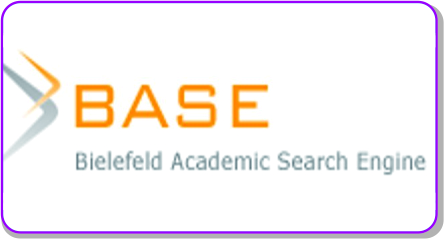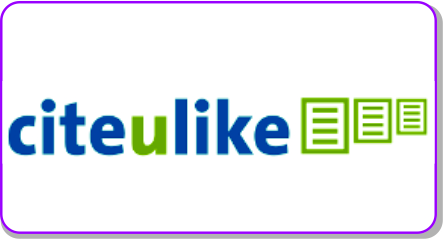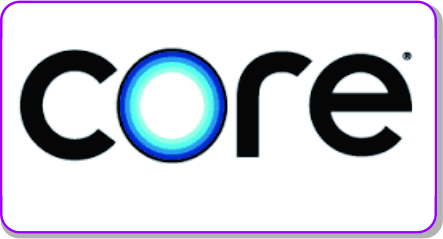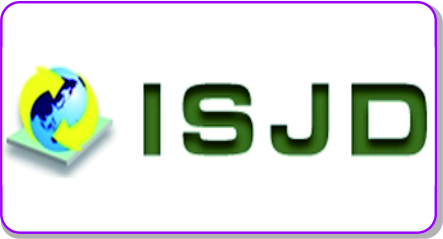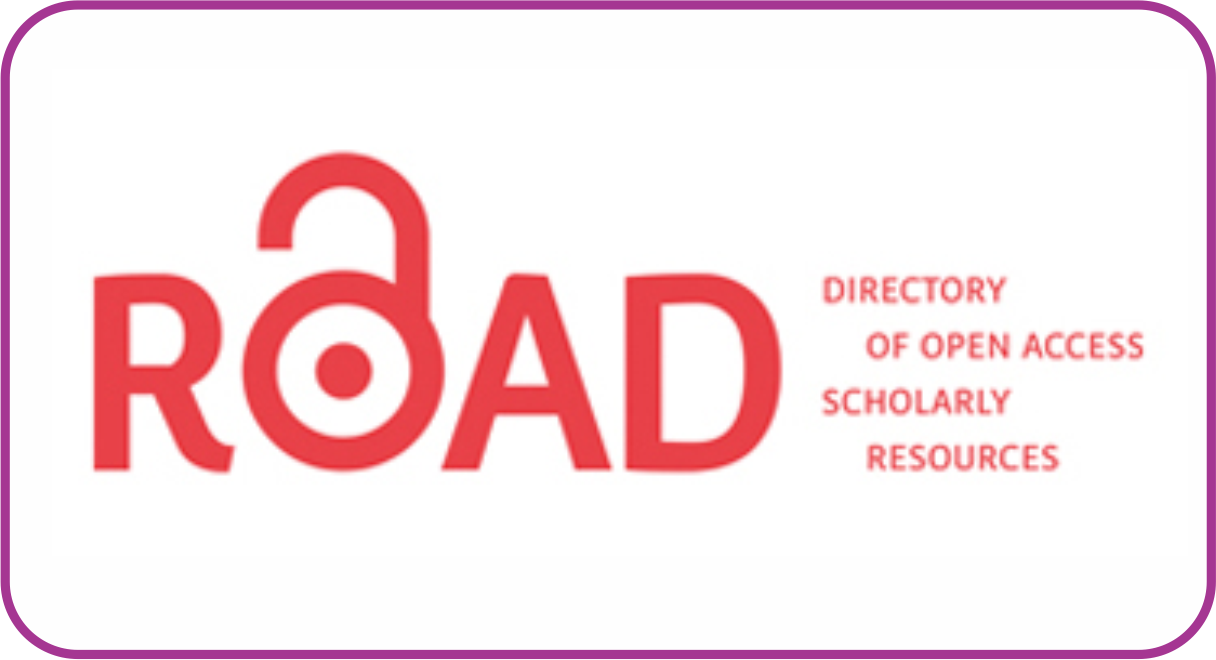Changes in the Mathematics Learning Process During the Covid-19 Pandemic at Junior High School in Bukittinggi
DOI:
https://doi.org/10.30983/educative.v6i1.4459Keywords:
mathematics learning, Covid-19, online learning processAbstract
The spread of Covid-19 has affected every sector, including education. The learning process that used to take place in the classroom has now become virtualized. However, this exacerbates pupils' difficulties in learning mathematics, which they previously considered challenging even in offline learning activities. To deal with this challenge, it is vital to describe alterations in the learning process under this pandemic situation. This qualitative research was carried out through interviews and questionnaires. The participants were seven teachers and seven students from various junior high schools in Bukittinggi with varying accreditation. Structured interviews, both online and in-person, were used to collect data. The result shows that students could understand the subject better before the pandemic. During the pandemic, the percentage of students who understood the material learning decreased by 10%. However, the percentage of people who use online media as a learning resource has increased by 50%. Overall, the assessment done by teachers on the cognitive aspects of a pandemic by Minimum Completeness Criteria (MCC) remains at 75. In the future, there will be a trend toward the use of e-learning and the development of technology-based learning media in the classroom.
Penyebaran wabah Pandemi Covid-19 telah berdampak pada semua sektor termasuk pendidikan. Proses pembelajaran yang awalnya berlangsung tatap muka sekarang beralih secara virtual. Padahal sebelum pembelajaran daring dimulai, siswa masih kesulitan dalam mempelajari matematika. Oleh karena itu, mendeskripsikan perubahan apa saja yang ada selama proses pembelajaran daring penting dilakukan untuk mengatasi masalah ini Penelitian ini merupakan penelitian kualitatif dimana sampel diambil adalah tujuh orang guru dan tujuh orang siswa SMP/MTsN dari sekolah yang memiliki akreditasi berbeda di Bukittinggi. Pengambilan data dilakukan dengan wawancara terstruktur via online dan tatap muka. Berdasarkan hasil penelitian diperoleh: siswa lebih mudah memahami materi pelajaran yang disampaikan oleh guru sebelum pandemi. Persentase dalam pemahaman siswa terhadap materi yang diajarkan guru turun sebanyak 10 % selama pandemi. Sebaliknya, persentase dalam penggunaan media online sebagai sumber belajar meningkat sebanyak 50 %. Secara keseluruhan, penilaian yang dilakukan guru cenderung pada aspek kognitif selama pandemi dengan Kriteria Ketuntasan Minimum (KKM) tetap 75. Dimasa yang akan datang, akan ada tren penggunaan e-learning di sekolah dan pengembangan media pembelajaran berbasis teknologi.
References
Book
Mulyasa, Pengembangan Dan Implementasi Kurikulum 2013 (Bandung: PT Remaja Rosdakarya, 2013)
Zuriah, Nurul, ‘Metodologi Penelitian Sosial Dan Pendidikan’ (Jakarta: Bumi Aksara, 2006), 92
Journal
Aboagye, Emmanuel, Joseph Anthony Yawson, and Kofi Nyantakyi Appiah, ‘COVID-19 and E-Learning: The Challenges of Students in Tertiary Institutions’, Social Education Research, 2021, 1–8
Aini, Indrie Noor, and Nita Hidayati, ‘Tahap Perkembangan Kognitif Matematika Siswa Smp Kelas VII Berdasarkan Teori Piaget Ditinjau dari Perbedaan Jenis Kelamin’, Jurnal Penelitian Dan Pembelajaran Matematika, 10.2 (2017), 2–7 <https://doi.org/10.30870/jppm.v10i2.2027>
Al-Yasiri, Nidaa Muhammad Baqer, ‘Effects of Using E-Learning as a Substitute for Traditional Education in the Time of Corona’, Turkish Journal of Computer and Mathematics Education (TURCOMAT), 12.13 (2021), 3420–32
Cakir, Z, and H B Savas, ‘A Mathematical Modelling Approach in the Spread of the Novel 2019 Coronavirus SARS-CoV-2 (Covid-19) Pandemic. Electron J Gen Med. 2020; 17 (4): Em205’, 2020
Cucinotta, Domenico, and Maurizio Vanelli, ‘WHO Declares Covid-19 a Pandemic’, Acta Biomedica, 91.1 (2020), 157–60 <https://doi.org/10.23750/abm.v91i1.9397>
Dewi, Dara Puspita, Dinar Mediyani, Wahyu Hidayat, Euis Eti Rohaeti, and Tommy Tanu Wijaya, ‘Analisis Kemampuan Berpikir Kritis Matematis Siswa SMP pada Materi Lingkaran dan Bangun Ruang Sisi Datar’, JPMI (Jurnal Pembelajaran Matematika Inovatif), 2.6 (2019), 371 <https://doi.org/10.22460/jpmi.v2i6.p371-378>
Indaryani, Eka, and Dwi Suliworo, ‘Dampak Pemanfaatan WhatsApp dalam Meningkatkan Motivasi Belajar Siswa pada Pelajaran Fisika’, Prosiding Seminar Nasional Quantum, 25 (2018), 25–31
Iskandar, Resa, ‘Penggunaan Grup Whatsapp Sebagai Media Pembelajaran terhadap Peserta Didik DTA At-Tawakal Kota Bandung’, Comm-Edu (Community Education Journal), 3.2 (2020), 97 <https://doi.org/10.22460/comm-edu.v3i2.3778>
Juwantara, Ridho Agung, ‘Analisis Teori Perkembangan Kognitif Piaget pada Tahap Anak Usia Operasional Konkret 7-12 Tahun Dalam Pembelajaran Matematika’, Al-Adzka: Jurnal Ilmiah Pendidikan Guru Madrasah Ibtidaiyah, 9.1 (2019), 27 <https://doi.org/10.18592/aladzkapgmi.v9i1.3011>
Kencanawaty, Gita, Chatarina Febriyanti, and Ari Irawan, ‘Tantangan dan Strategi Pembelajaran Matematika di Masa Adaptasi Kebiasaan Baru (AKB) Dampak Dari Covid-19’, Prosiding Seminar Nasional Dan Diskusi Panel Pendidikan Matematika, 58, 2020, 215–20
Khatimi, Husnul, ‘Mengenal E-Learning Sebagai Salah Satu Bentuk Kegiatan Pembelajaran’, Info Teknik, 7.2 (2006), 72–81
Kholiyanti, Arni, ‘Pembelajaran Matematika dari Konkrit Ke Abstrak dalam Membangun Konsep Dasar Geometri bagi Siswa Sekolah Dasar’, Pi: Mathematics Education Journal, 1.2 (2018), 40–46 <https://doi.org/10.21067/pmej.v1i2.2322>
Mailizar, Abdulsalam Almanthari, Suci Maulina, and Sandra Bruce, ‘Secondary School Mathematics Teachers’ Views on e-Learning Implementation Barriers during the Covid-19 Pandemic: The Case of Indonesia’, Eurasia Journal of Mathematics, Science and Technology Education, 16.7 (2020) <https://doi.org/10.29333/EJMSTE/8240>
Marinda, Leny, ‘Teori Perkembangan Kognitif Jean Piaget dan Problematikanya pada Anak Usia Sekolah Dasar’, An-Nisa’ : Jurnal Kajian Perempuan Dan Keislaman, 13.1 (2020), 116–52 <https://doi.org/10.35719/annisa.v13i1.26>
Maspaeni, ‘Penerapan Quality Control dalam Upaya Meningkatkan Kualitas Pendidikan Melalui E-Learning’, Jutisi, 6.1 (2017), 1311–1448
Melisa, Indah, ‘Pengembangan Media Pembelajaran Berbasis E-Learning pada Mata Kuliah Perkembangan Peserta Didik di Jurusan Pendidikan Teknik Elektronika Universitas Negeri Makassar’, Jurnal Program Studi Pendidikan Teknik Elektronika FT-UNM, 2019
Nadeem, Said, ‘Coronavirus Covid-19: Available Free Literature Provided by Various Companies, Journals and Organizations Around the World’, Journal of Ongoing Chemical Research, 5.1 (2020), 7–13 <https://doi.org/10.5281/zenodo.3722904>
Radha, Rajapandian, K Mahalakshmi, V Sathish Kumar, and A R Saravanakumar, ‘E-Learning during Lockdown of Covid-19 Pandemic: A Global Perspective’, International Journal of Control and Automation, 13.4 (2020), 1088–99
Riyatuljannah, Triwahyu, and Suyadi Suyadi, ‘Analisis Perkembangan Kognitif Siswa pada Pemahaman Konsep Matematika Kelas V SDN Maguwoharjo 1 Yogyakarta’, EduHumaniora | Jurnal Pendidikan Dasar Kampus Cibiru, 12.1 (2020), 48–54 <https://doi.org/10.17509/eh.v12i1.20906>
Sahidillah, Muhammad Wildan, Prarasto Miftahurrisqi, Prodi Pendidikan, Bahasa Indonesia, Pascasarjana Universitas, and Sebelas Maret, ‘Whatsapp Sebagai Media Literasi Digital Mahasiswa’, Pendidikan Bahasa Indondesia P, 2011, 52–57
Sukaesih, P., and E. Nugraha, ‘Go-Study Electronic Learning Service Application’, IOP Conference Series: Materials Science and Engineering, 407.1 (2018) <https://doi.org/10.1088/1757-899X/407/1/012036>
Tanu Wijaya, Tommy, Zhou Ying, Siti Chotimah, Martin Bernard, Zulfah, and Astuti, ‘Hawgent Dynamic Mathematic Software as Mathematics Learning Media for Teaching Quadratic Functions’, Journal of Physics: Conference Series, 1592.1 (2020) <https://doi.org/10.1088/1742-6596/1592/1/012079>
Toipur, ‘Pentingnya Penilaian Kemampuan Matematika yang Berbasis pada Proses Pembelajaran’, Jurnal Math Educator Nusantara, 03.76 (2017), 1–57
Trgalová, Jana, Alison Clark-Wilson, and Hans-Georg Weigand, ‘Technology and Resources in Mathematics Education’, Developing Research in Mathematics Education, 2018, 142–61 <https://doi.org/10.4324/9781315113562-12>
Trianto ibnu badar Al-Tabany, ‘Mendesain Model Pembelajaran Inovatif, Progresif, Kontekstual’, 2017, 314
Uegatani, Yusuke, Nagisa Nakawa, and Masato Kosaka, ‘Changes to Tenth-Grade Japanese Students’ Identities in Mathematics Learning During the Covid-19 Pandemic’, International Electronic Journal of Mathematics Education, 16.2 (2021), em0638
Whildan, Lissya, ‘Analisis Teori Perkembangan Kognisi Manusia Menurut Jean Piaget’, Permata : Jurnal Pendidikan Agama Islam, 2.1 (2021), 11–22
Wijaya, Tommy Tanu, Zhou Ying, and Lin Suan, ‘Gender and Self Regulated Learning During Covid-19 Pandemic in Indonesia’, Jurnal Basicedu, 4.3 (2020), 725–32 <https://doi.org/10.31004/basicedu.v4i3.422>
Wiranota, H., and T. T. Wijaya, ‘The International Students’ Perception towards Online Learning Using the Tencent Meeting during Covid-19 Outbreak’, Journal of Physics: Conference Series, 1823.1 (2021) <https://doi.org/10.1088/1742-6596/1823/1/012011>
Downloads
Submitted
Accepted
Published
Issue
Section
License
Authors who publish with this journal agree to the following terms:
1. Authors retain copyright and grant the journal right of first publication with the work simultaneously licensed under a Creative Commons Attribution License that allows others to share the work with an acknowledgment of the work's authorship and initial publication in this journal.
2. Authors are able to enter into separate, additional contractual arrangements for the non-exclusive distribution of the journal's published version of the work (e.g., post it to an institutional repository or publish it in a book), with an acknowledgment of its initial publication in this journal.
3. Authors are permitted and encouraged to post their work online (e.g., in institutional repositories or on their website) prior to and during the submission process, as it can lead to productive exchanges, as well as earlier and greater citation of published work (See The Effect of Open Access).





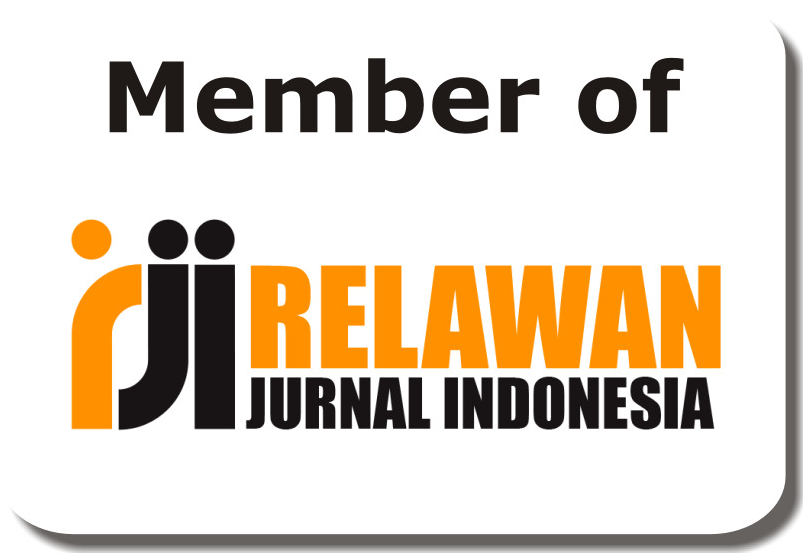





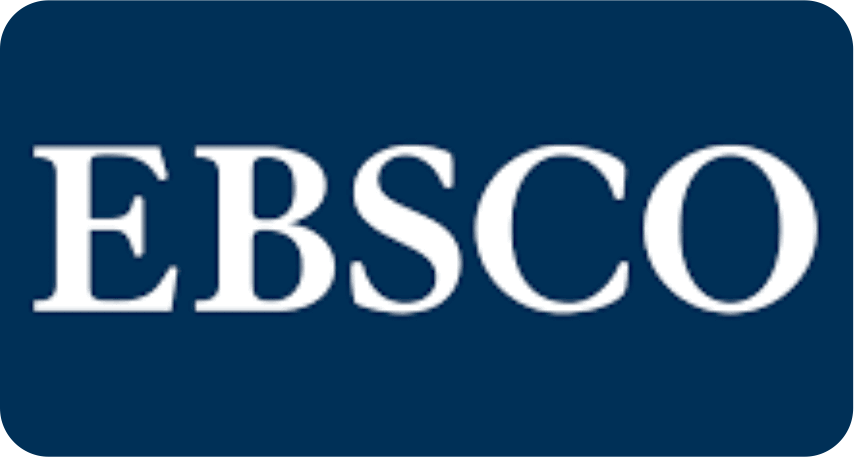






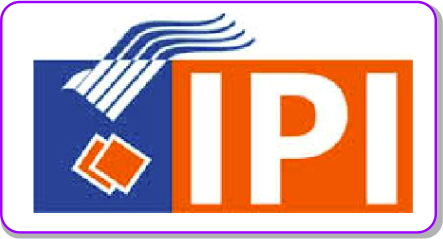 Â
 
